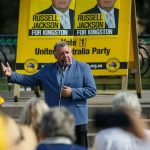Will freedom be a casualty in the war against COVID-19?
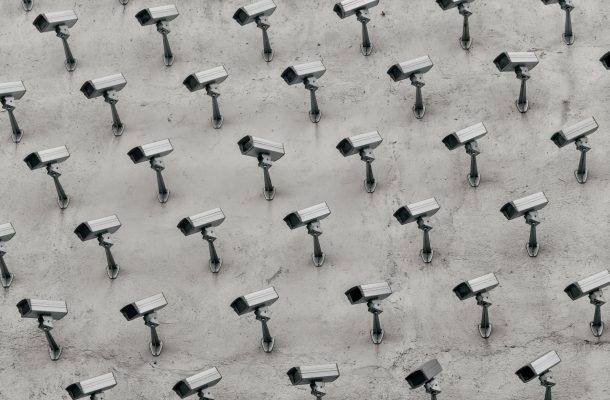
Around the world governments are fighting the COVID-19 outbreak with a variety of social control measures aimed at minimising contact between people and tracking down individuals who are the source of infection.
Increasingly, governments are relying on digital technologies to implement these social controls. Should citizens be worried about their privacy and freedoms?
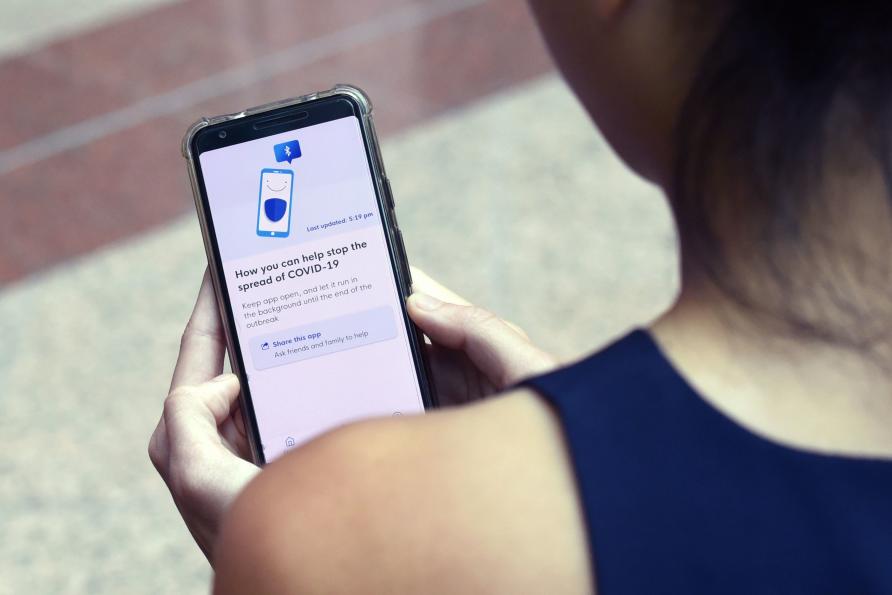
Governments are using apps to identify and trace citizens infected with COVID-19.
Citizens probably don’t need to be concerned about technology like self-installed and operated apps that provide public announcements, updates and contact information on the crisis. But data can be collected from smartphones to monitor people’s movements through cities, towns and regions.
Daily interactions leave a record of data, like card payments at a café, or number plate readers at a tollgate. Even more nuanced data is being collected from self-monitoring apps now emerging in a number of countries.
With this data, high-performance computers can model movements to create an accurate picture of where people were and who they were with.
Some countries are even making use of CCTV cameras and facial recognition technology to monitor the location of people supposed to be in isolation and the identity of people who they have come in contact with.
The public health benefits of using this surveillance technology are obvious, but so too are the threats to individual privacy, and autonomy. The important question we are now confronting is whether the need to reduce person-to-person transmission of COVID-19 should justify the loss of privacy and accompanying freedoms.
And perhaps more pertinently, how to ensure that measures that limit individual rights in times of emergency don’t become the new standard once the threat is over.
Here are some of the approaches being adopted by other countries:
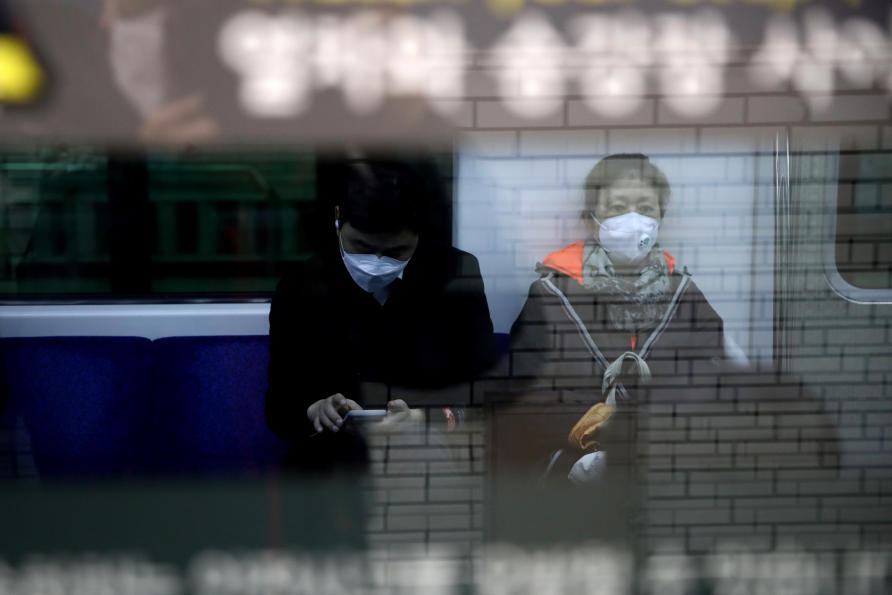
In South Korea apps are being used to track people in quarantine.
In South Korea the government is using mobile phones to keep tabs on the whereabouts of people in self-quarantine. The app allows patients to report their symptoms to health authorities, while also monitoring their whereabouts, alerting individuals and the government should a patient go outside their quarantine zone while carrying their mobile phone.
Singapore has taken a different approach, relying on citizens to download an app, TraceTogether, to undertake contact tracing. The app records when it comes into contact with other phones that use the app. This data is picked up through Bluetooth.
The app then stores a log of those connections. Should a person be diagnosed with the virus, it provides an alert informing those who have associated with the infected person and suggests appropriate action, such as the need to commence self-isolation.
New Zealanders have been ask to consent to police tracking their mobile phones for location information.
Israel has repurposed location data collected from mobile phones for counterterrorism purposes to map the movements of people with COVID-19 and those they have encountered. Under this system the government’s counterintelligence agency Shin Bet is sifting through phone metadata to identify individuals with the virus and their contacts, and then sending an alert with instructions.
In Moscow the government is using the city’s CCTV network of 170,000 cameras to monitor people with facial-recognition software and punish those not complying with quarantine and self-isolation restrictions. This approach cannot be circumvented by citizens leaving their phone at home. Similar approaches have been used in China.
It is difficult to argue against heightened surveillance in the middle of a deadly viral outbreak, but commentators across the globe are already raising concerns about what happens after the pandemic finally fades. There is a risk that once mass surveillance regimes are enabled, they are unlikely to be watered down because they will have been legitimatised as socially useful.
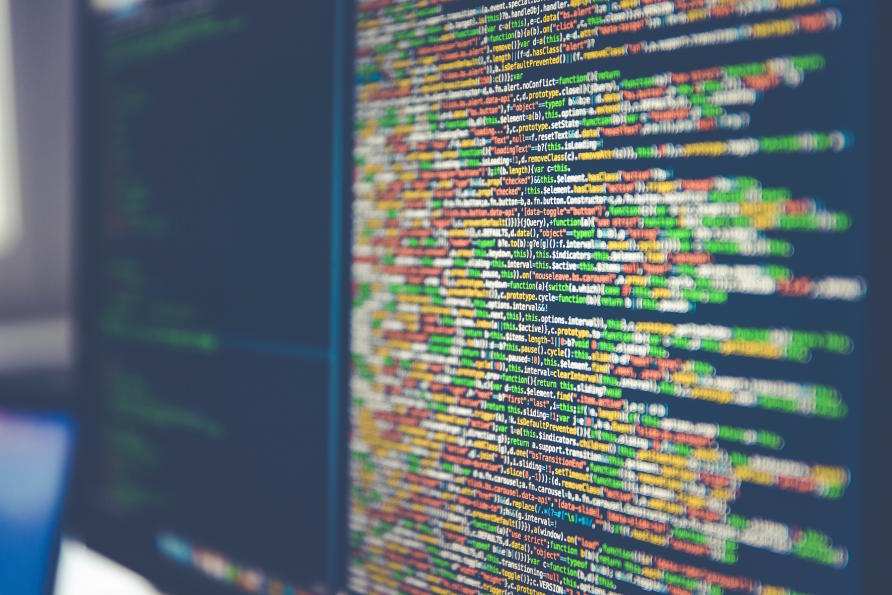
Governments are collecting data on their citizens to help control the COVID-19 pandemic, but there is a risk that this increased surveillance may persist even after the crisis.
The use of this technology therefore raises ethical concerns about what are the appropriate governance and safeguards that need to be in place.
Consent-based models, in which people have the choice to participate in tracking and monitoring may seem like the best compromise between the competing concerns of controlling the virus and respecting fundamental values like privacy. But there are flaws in this approach. Most obviously from a public health perspective, if many people refuse to opt-in then the tools will be ineffective.
Individuals are more likely to consent to sharing their data in exchange for a service they find useful. One example is sharing location data to ensure that a mapping service optimises your route to the supermarket. But use of that data for a purpose other than specified goes against the ethical principles of good data collection. Privacy and data protection laws provide a framework for the collection, use and disclosure of personal information, often restricting the secondary uses of data.
Concerns have also been expressed that many citizens will be nervous of using of COVID-19 tracking apps because they fear social stigma, job loss or and other negative consequences should they become infected and publicly “outed”.
Additionally, simply requiring people to accept the terms and conditions of a tracking app as a way of securing consent is of limited ethical value given that most people don’t read the fine print in online transactions anyway.
Mass digital surveillance is clearly helping to control COVID-19. States like China and Russia have highlighted the potential of their surveillance regimes to ensure social control within their societies. But these approaches are in tension with the liberties and freedoms afforded within liberal democracies.
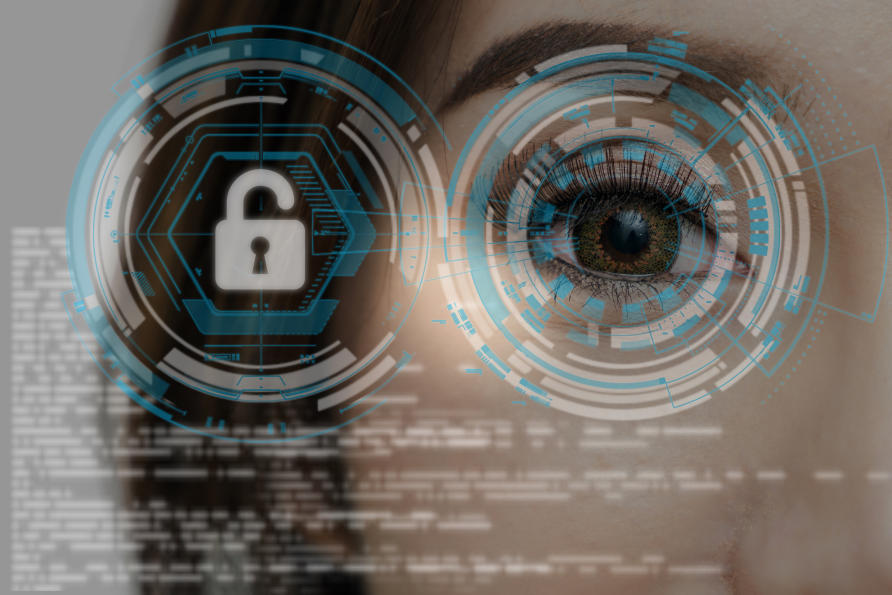
What governance arrangements and safeguards need to be in place to regulate surveillance, even in times of crisis?
The repurposing of data from existing digital devices – be it metadata of who we have communicated with to understand our social connections, our location via GPS, or our identity through facial recognition – can increase the ability to model and identify high-risk individuals to ensure compliance with social control orders. But this surveillance still needs to be done in accordance with the law.
In a time of crisis, exemptions to the laws may be felt to be justified. But the danger is that once the scope is increased and exceptions are put in place, they are difficult to wind back. This is especially so if, in the wake of a public health crisis like COVID-19, lawmakers are inclined to view mass surveillance technology as simply a tool for good.
The vital question then is how willing societies are to be enrolled in mass surveillance? There is no one answer as it involves social, political and cultural values, reflecting an unavoidable tension between rights enhancing individual autonomy and those focused on the good of communities.
What the Australian community decides as appropriate is likely to differ to what our neighbours decide. Other states and communities will likely take different approaches. And the technology itself is constantly advancing, posing new questions for society and law makers. Indeed, the role of technology may well develop to assist with rights-based concerns.
There is no easy answer. When faced with a crisis we shouldn’t shun the technologies that may assist us. However, we need to remember the important role of law and ethics in guiding responsible use.
The newly launched Centre for Artificial Intelligence and Digital Ethics at the University of Melbourne is a cross-disciplinary initiative to research and explore the tensions between technology and society, and provide leadership on good digital citizenship. This article was written by Adam Lodders, Associate Professor Tim Miller and Professor Jeannie Paterson of the University of Melbourne. It was published by Pursuit.
Jeannie Paterson is an Associate Professor at Melbourne Law School. Her research interests include contracts, consumer protection and consumer credit law and the role of technological change in these contexts.










